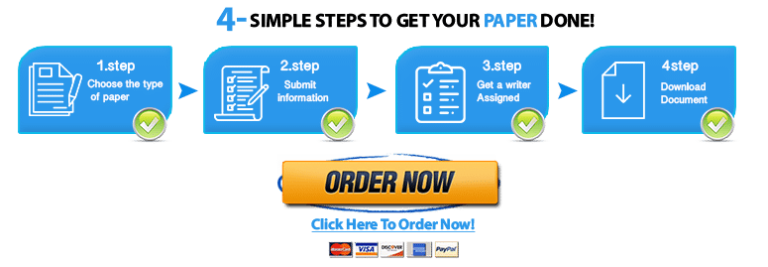Preparation
In the Capella library, look for scholarly research or professional articles on adolescent and
early adult development.
The articles should focus on how theories of development explain cognitive and psychosocial
development. Find at least two scholarly or professional articles to use in this assessment.
Instructions
For this assessment, write a 750–1000 word blog post, based on the scenario and instructions
below. (You will not actually post this blog on the Internet.)
Scenario
Your professional training includes a great deal of self-reflection. Your instructor has given you
an assessment applying developmental theories to your own adolescent and early adult
development, so that you may be able to do the same in the future for a client.
Think about how the developmental theories—cognitive, psychosocial, moral, attachment, and
ecological—relate to helping you better understand your own development. Think about your
life experiences during these stages and how those experiences shaped your development in
specific areas. For example, you might consider how certain educational (or other)
experiences helped you reach formal operations thinking in your cognitive development. Also
think about your identity development and the relationships or experiences in your life that
contributed to your sense of identity.
Please note: Since this assessment is asking you about your personal development, it is
appropriate to write in the first person. However, you must still follow APA guidelines for
references and citations.
Select two specific areas of development on which to focus:
Cognitive.
Psychosocial.
Moral.
Attachment.
Ecological.
In your assessment, be sure you address the following:
Explain what theory informs the areas of development you selected.
Describe at least two life experiences during adolescence and two experiences during early
adulthood that were significant in shaping your development in each of the areas you
selected.
Apply ideas and concepts from theory to explain your behavior, thoughts, and emotions during
adolescence and early adulthood.
Example Assessment: You may use the assessment example, linked in the Assessment
Example section of the Resources, to give you an idea of what a Proficient or higher rating on
the scoring guide would look like.
Additional Requirements
Font: Use 12-point New Time Roman font, double-spaced.
